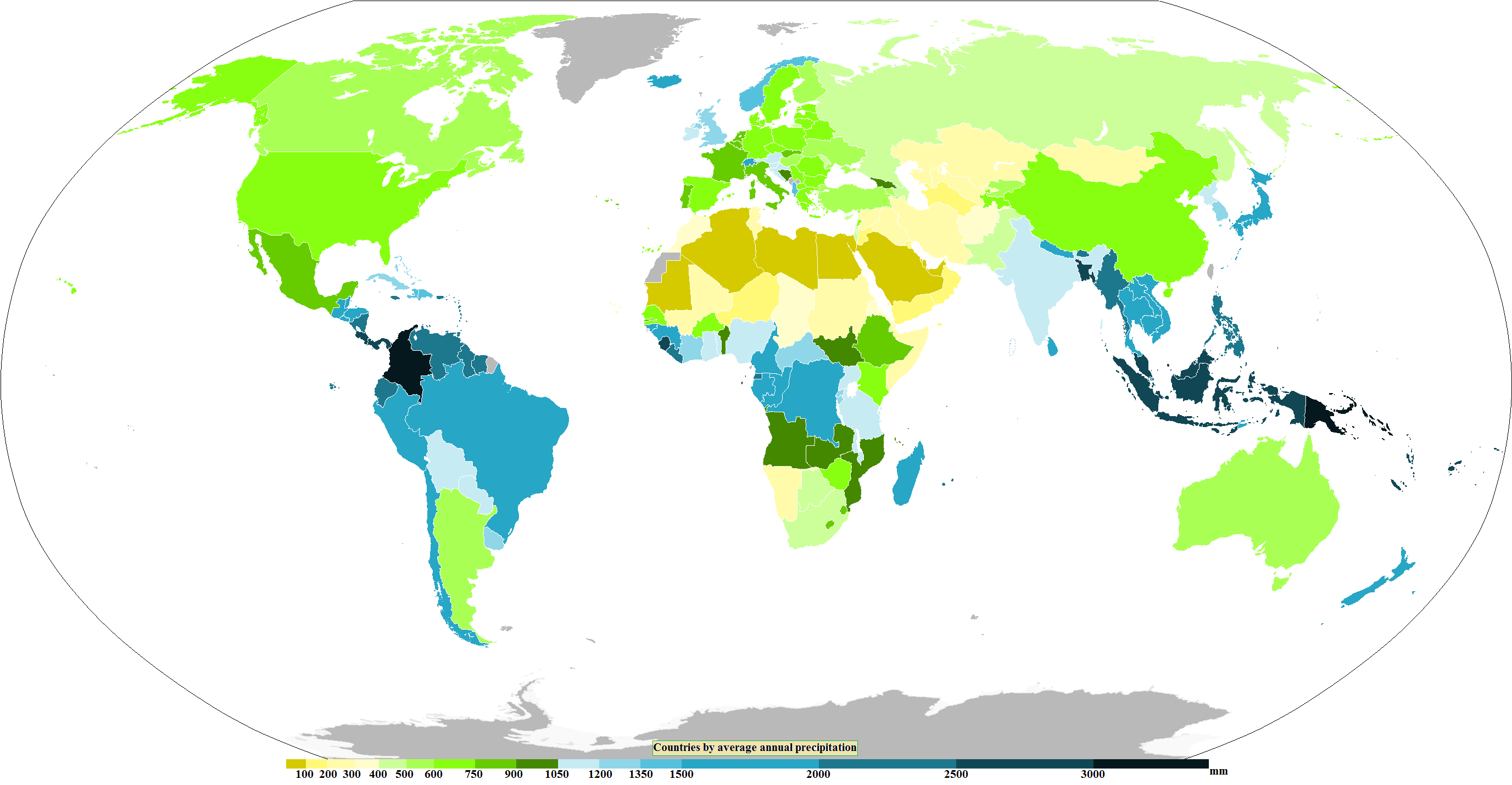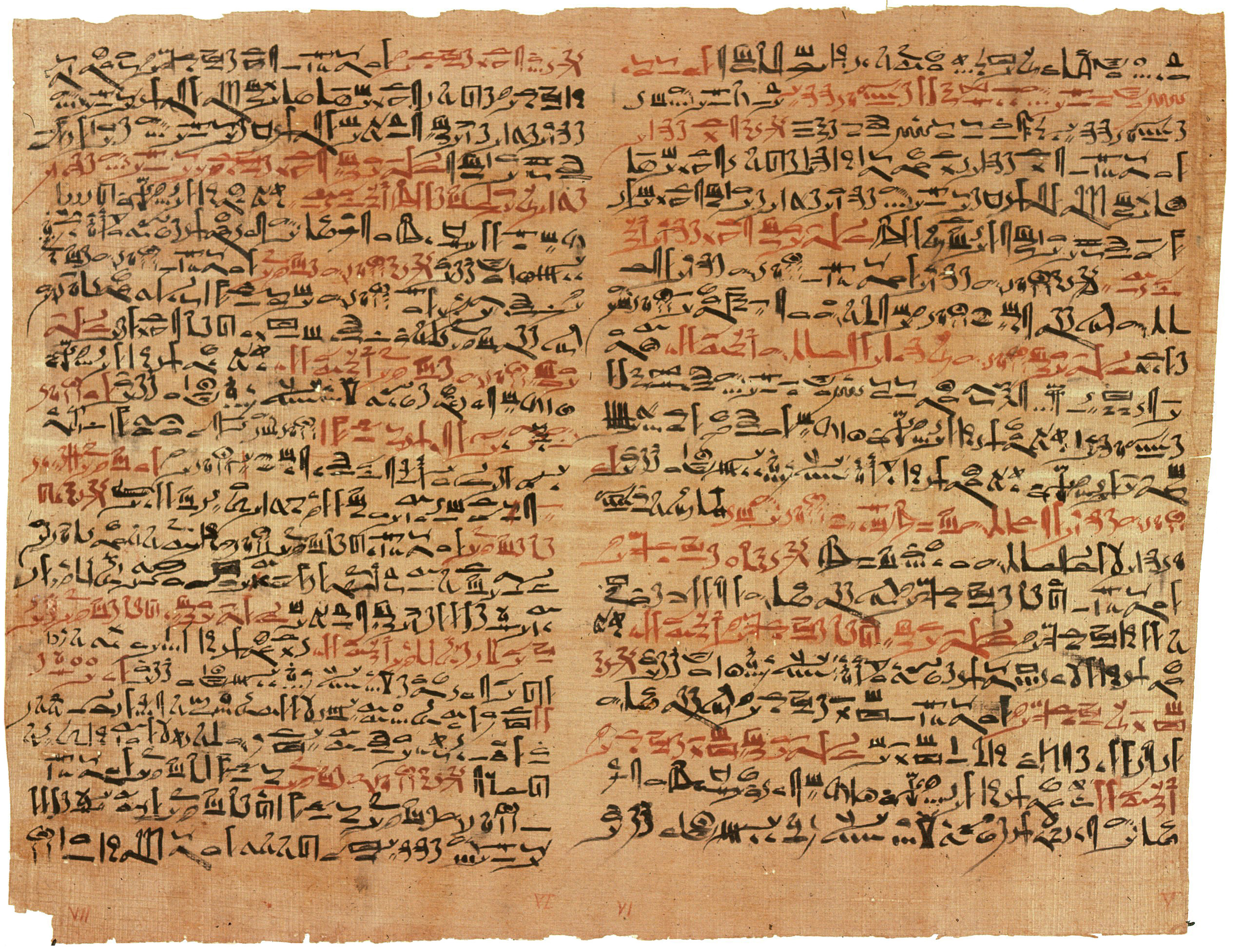|
1818 In Science
The year 1818 in science and technology involved some significant events, listed below. Astronomy * January 3 (21:52 UTC) – Venus Occultation, occults Jupiter, last occultation of one planet by another before 22 November 2065. Chemistry * Pierre Joseph Pelletier and Joseph Bienaimé Caventou isolate the alkaloid strychnine in Paris. * Louis Jacques Thénard discovers hydrogen peroxide. Exploration * John Ross (Arctic explorer), John Ross sets sail in search of the Northwest Passage. Medicine * September 25 – In London, Dr James Blundell (physician), James Blundell carries out the first blood transfusion using human blood. * Jean Esquirol produces reports urging greater medicalization in the treatment of insanity in France. * Carl Ferdinand von Graefe publishes his pioneering work on rhinoplasty, ''Rhinoplastik''. Meteorology * Luke Howard begins publication of ''The Climate of London'', the first book on urban climatology in English language, English, presenting new thin ... [...More Info...] [...Related Items...] OR: [Wikipedia] [Google] [Baidu] |
James Blundell (physician)
James Blundell (27 December 1790, in Holborn, London – 15 January 1878, in St George Hanover Square, London) was an English obstetrician who performed the first successful transfusion of human blood to a patient for treatment of a hemorrhage.Ellis, H. ''Surgical AnniversariesJames Blundell, pioneer of blood transfusion' British Journal of Hospital Medicine, August 2007, Vol 68, No 8. Early years James Blundell was born in London. His father's name was Major Blundell and his mother was Sarah Ann Haighton. Major owned a company called Major Blundell and Co. Haberdashers, and Drapers in London. Like his uncle, who had developed several instruments still used today for the delivery of babies, James specialized in the field of obstetrics. Later he graduated from the University of Edinburgh Medical School with his MD in 1813. A year later he began his career in London by lecturing on midwifery and physiology. By 1818, he succeeded his uncle and became the lecturer on both sub ... [...More Info...] [...Related Items...] OR: [Wikipedia] [Google] [Baidu] |
Alexander Adie
Alexander James Adie FRSE MWS (7 November 1775, Edinburgh – 4 December 1858, Edinburgh) was a Scottish maker of medical instruments, optician and meteorologist. He was the inventor of the sympiesometer, patented in 1818. Life He was born the son of optician John Adie FRSE (died 1857). He was apprenticed in 1789 to his maternal uncle John Miller a mathematical instrument maker on Parliament Close, off the Royal Mile close to St Giles Cathedral in Edinburgh. In 1800 Adie was working for Miller at 38 South Bridge and the business was described as an optician. Around 1805 went into business together as "Miller and Adie, Opticians" (also serving as mathematical instrument makers, but this was in much less demand) and had a shop at 15 Nicholson Street in the South Side which continued until 1822. After Miller died Adie opened his own shop at 58 Princes Street close to the Royal Scottish Academy. Adie supplied lenses to Joseph Hooker, Charles Darwin and Sir David Brewster and w ... [...More Info...] [...Related Items...] OR: [Wikipedia] [Google] [Baidu] |
Precipitation (meteorology)
In meteorology, precipitation is any product of the condensation of atmospheric water vapor that falls from clouds due to gravitational pull. The main forms of precipitation include drizzle, rain, rain and snow mixed ("sleet" in Commonwealth usage), snow, ice pellets, graupel and hail. Precipitation occurs when a portion of the atmosphere becomes saturated with water vapor (reaching 100% relative humidity), so that the water condenses and "precipitates" or falls. Thus, fog and mist are not precipitation; their water vapor does not condense sufficiently to precipitate, so fog and mist do not fall. (Such a non-precipitating combination is a colloid.) Two processes, possibly acting together, can lead to air becoming saturated with water vapor: cooling the air or adding water vapor to the air. Precipitation forms as smaller droplets coalesce via collision with other rain drops or ice crystals within a cloud. Short, intense periods of rain in scattered locations are called shower (p ... [...More Info...] [...Related Items...] OR: [Wikipedia] [Google] [Baidu] |
Atmospheric Electricity
Atmospheric electricity describes the electrical charges in the Earth's atmosphere (or that of another planet). The movement of charge between the Earth's surface, the atmosphere, and the ionosphere is known as the global atmospheric electrical circuit. Atmospheric electricity is an interdisciplinary topic with a long history, involving concepts from electrostatics, atmospheric physics, meteorology and Earth science. Thunderstorms act as a giant battery in the atmosphere, charging up the electrosphere to about 400,000 volts with respect to the surface. This sets up an electric field throughout the atmosphere, which decreases with increase in altitude. Atmospheric ions created by cosmic rays and natural radioactivity move in the electric field, so a very small current flows through the atmosphere, even away from thunderstorms. Near the surface of the Earth, the magnitude of the field is on average around 100 V/m, oriented such that it drives positive charges down. Atmospheric ... [...More Info...] [...Related Items...] OR: [Wikipedia] [Google] [Baidu] |
English Language
English is a West Germanic language that developed in early medieval England and has since become a English as a lingua franca, global lingua franca. The namesake of the language is the Angles (tribe), Angles, one of the Germanic peoples that Anglo-Saxon settlement of Britain, migrated to Britain after its End of Roman rule in Britain, Roman occupiers left. English is the list of languages by total number of speakers, most spoken language in the world, primarily due to the global influences of the former British Empire (succeeded by the Commonwealth of Nations) and the United States. English is the list of languages by number of native speakers, third-most spoken native language, after Mandarin Chinese and Spanish language, Spanish; it is also the most widely learned second language in the world, with more second-language speakers than native speakers. English is either the official language or one of the official languages in list of countries and territories where English ... [...More Info...] [...Related Items...] OR: [Wikipedia] [Google] [Baidu] |
Urban Climatology
Urban climatology is the study of urban climate. It is a branch of climatology that concerns interactions between urban areas and the atmosphere, the effects they have on one another, and the varying spatial and temporal scales at which these processes (and responses) occur. History Luke Howard is considered to have established urban climatology with his book ''The Climate of London'', which contained continuous daily observations from 1801 to 1841 of wind direction, atmospheric pressure, maximum temperature, and rainfall. Urban climatology came about as a methodology for studying the results of industrialization and urbanization. Constructing cities changes the physical environment and alters energy, moisture, and motion regimes near the surface. Most of these alterations can be traced to causal factors such as air pollution; anthropogenic sources of heat; surface waterproofing; thermal properties of the surface materials; and morphology of the surface and its specific three-d ... [...More Info...] [...Related Items...] OR: [Wikipedia] [Google] [Baidu] |
Luke Howard
Luke Howard (28 November 1772 – 21 March 1864) was a British manufacturing chemist and an amateur meteorologist with broad interests in science. His lasting contribution to science is a nomenclature system for clouds, which he proposed in an 1802 presentation to the Askesian Society. Because of this, Howard is referred to as "The Godfather of Clouds", the "namer of the clouds", and the "father of meteorology". Personal life Luke Howard was born on 28 November 1772 in London to tin-plate manufacturer Robert Howard (1738–1812) and Elizabeth née Leatham (1742–1816). Howard attended a Quaker grammar school in Burford, Oxfordshire where the headteacher was renowned for his flogging of slow-to-learn pupils. In 1796 Howard married. He and his wife had two sons, Robert Howard and John Eliot Howard, who were ultimately to take over their father's chemical manufacturing business, Howards and Sons. Their daughter Elizabeth married John Hodgkin, a barrister. Although a Qua ... [...More Info...] [...Related Items...] OR: [Wikipedia] [Google] [Baidu] |
Rhinoplasty
Rhinoplasty (, nose + , to shape), commonly called nose job, medically called nasal reconstruction, is a plastic surgery procedure for altering and reconstructing the human nose, nose. There are two types of plastic surgery used – plastic surgery#reconstructive surgery, reconstructive surgery that restores the form and functions of the nose and Plastic surgery#Cosmetic surgery procedures, cosmetic surgery that changes the appearance of the nose. Reconstructive surgery seeks to resolve nasal injury, injuries caused by various Trauma (medicine), traumas including blunt trauma, blunt, and penetrating trauma and trauma caused by blast injury. Reconstructive surgery can also treat birth defects, Respiratory disease, breathing problems, and failed primary rhinoplasties. Rhinoplasty may remove a bump, narrow nostril width, change the angle between the nose and the mouth, or address injuries, birth defects, or other problems that affect breathing, such as a nasal septum deviation, devi ... [...More Info...] [...Related Items...] OR: [Wikipedia] [Google] [Baidu] |
Carl Ferdinand Von Graefe
Carl may refer to: *Carl, Georgia, city in USA *Carl, West Virginia, an unincorporated community *Carl (name), includes info about the name, variations of the name, and a list of people with the name *Carl², a TV series * "Carl", an episode of television series ''Aqua Teen Hunger Force'' * An informal nickname for a student or alum of Carleton College CARL may refer to: *Canadian Association of Research Libraries *Colorado Alliance of Research Libraries See also *Carle (other) *Charles *Carle, a surname *Karl (other) *Karle (other) Karle may refer to: Places * Karle (Svitavy District), a municipality and village in the Czech Republic * Karli, India, a town in Maharashtra, India ** Karla Caves, a complex of Buddhist cave shrines * Karle, Belgaum, a settlement in Belgaum ... {{disambig ja:カール zh:卡尔 ... [...More Info...] [...Related Items...] OR: [Wikipedia] [Google] [Baidu] |
France
France, officially the French Republic, is a country located primarily in Western Europe. Overseas France, Its overseas regions and territories include French Guiana in South America, Saint Pierre and Miquelon in the Atlantic Ocean#North Atlantic, North Atlantic, the French West Indies, and List of islands of France, many islands in Oceania and the Indian Ocean, giving it Exclusive economic zone of France, one of the largest discontiguous exclusive economic zones in the world. Metropolitan France shares borders with Belgium and Luxembourg to the north; Germany to the northeast; Switzerland to the east; Italy and Monaco to the southeast; Andorra and Spain to the south; and a maritime border with the United Kingdom to the northwest. Its metropolitan area extends from the Rhine to the Atlantic Ocean and from the Mediterranean Sea to the English Channel and the North Sea. Its Regions of France, eighteen integral regions—five of which are overseas—span a combined area of and hav ... [...More Info...] [...Related Items...] OR: [Wikipedia] [Google] [Baidu] |
Insanity
Insanity, madness, lunacy, and craziness are behaviors caused by certain abnormal mental or behavioral patterns. Insanity can manifest as violations of societal norms, including a person or persons becoming a danger to themselves or to other people. Conceptually, mental insanity also is associated with the biological phenomenon of contagion (that mental illness is infectious) as in the case of copycat suicides. In contemporary usage, the term ''insanity'' is an informal, un-scientific term denoting "mental instability"; thus, the term insanity defense is the legal definition of mental instability. In medicine, the general term psychosis is used to include the presence of delusions and/or hallucinations in a patient; and psychiatric illness is "psychopathology", not ''mental insanity''. An interview with Dr. Joseph Merlino, David Shankbone, ''Wikinews'', 5 October 2007. In English, the word "sane" derives from the Latin adjective ''sanus'', meaning "healthy". Juvenal's phrase ... [...More Info...] [...Related Items...] OR: [Wikipedia] [Google] [Baidu] |






